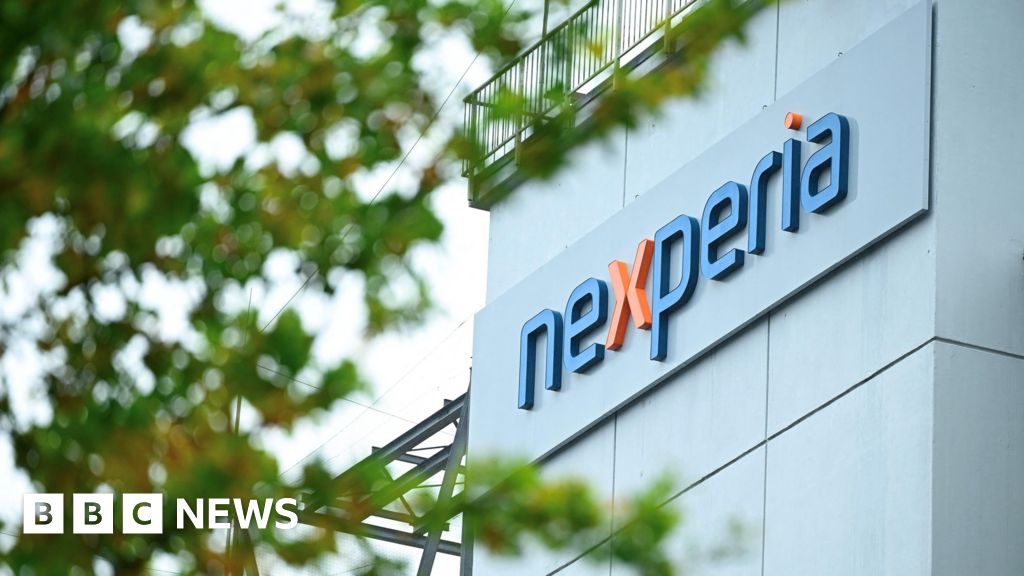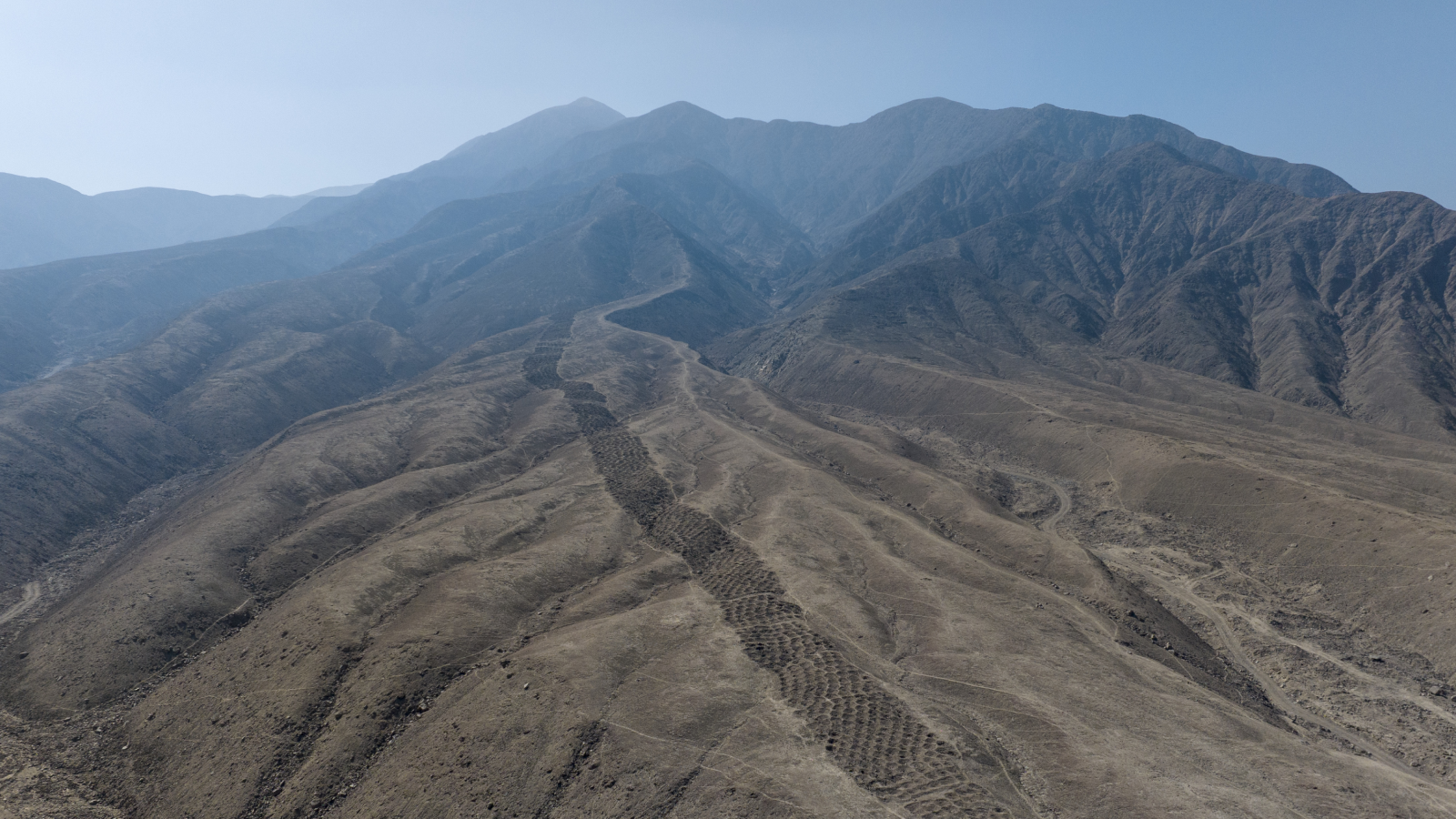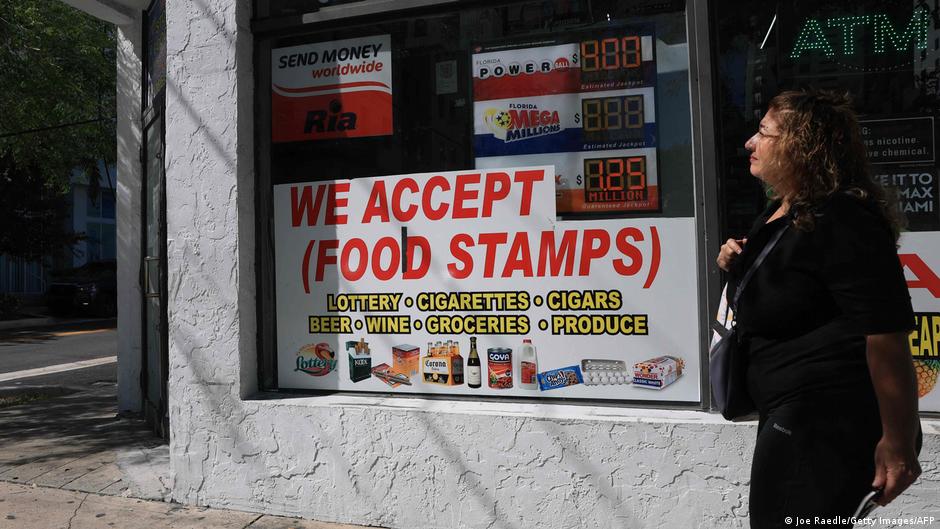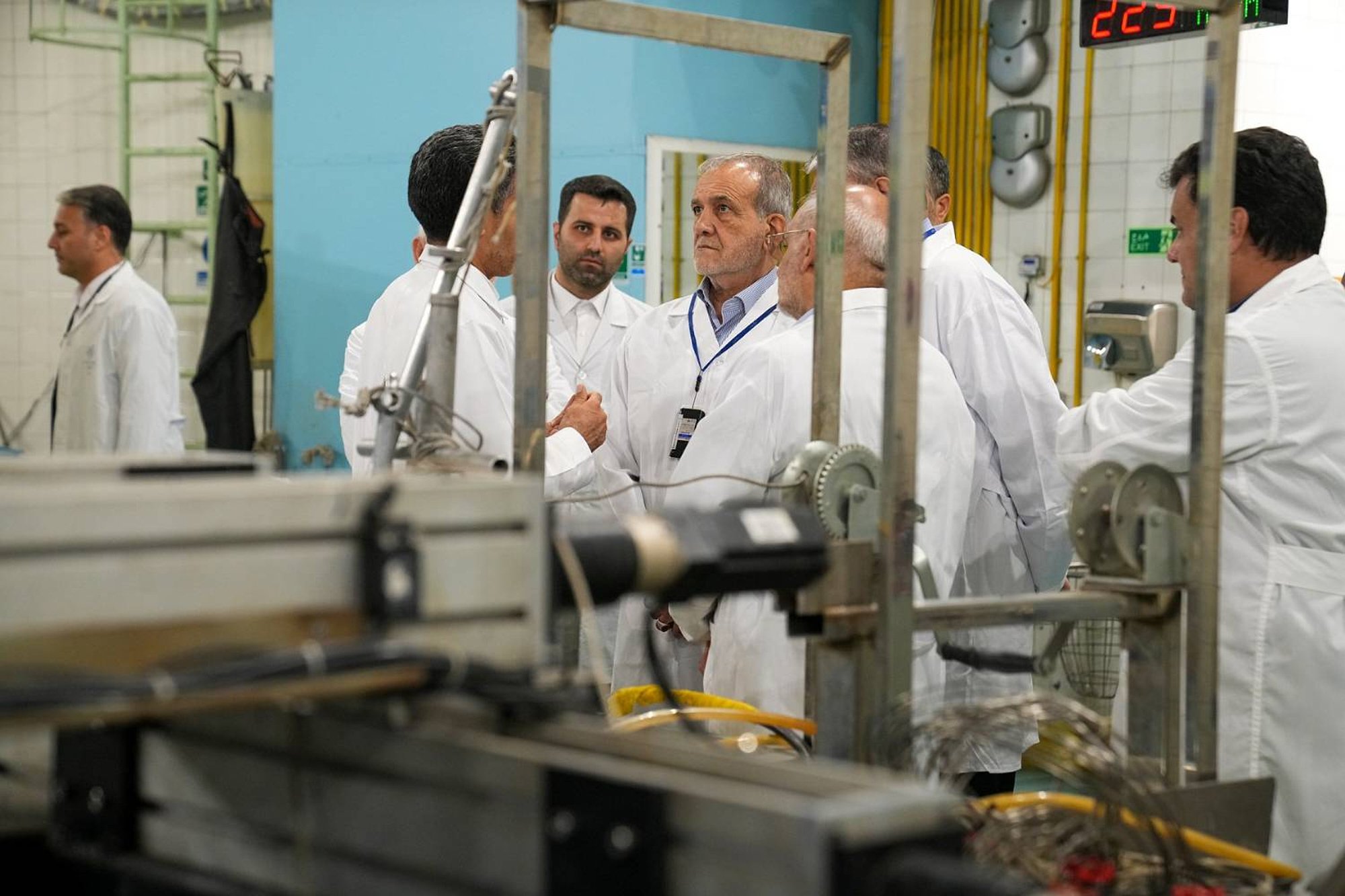The number of homeless people in England is higher than official government data suggests, according to new research from the charity Crisis.
They say that around 189,000 families and individuals who faced the worst forms of homelessness such as…
Continue Reading











